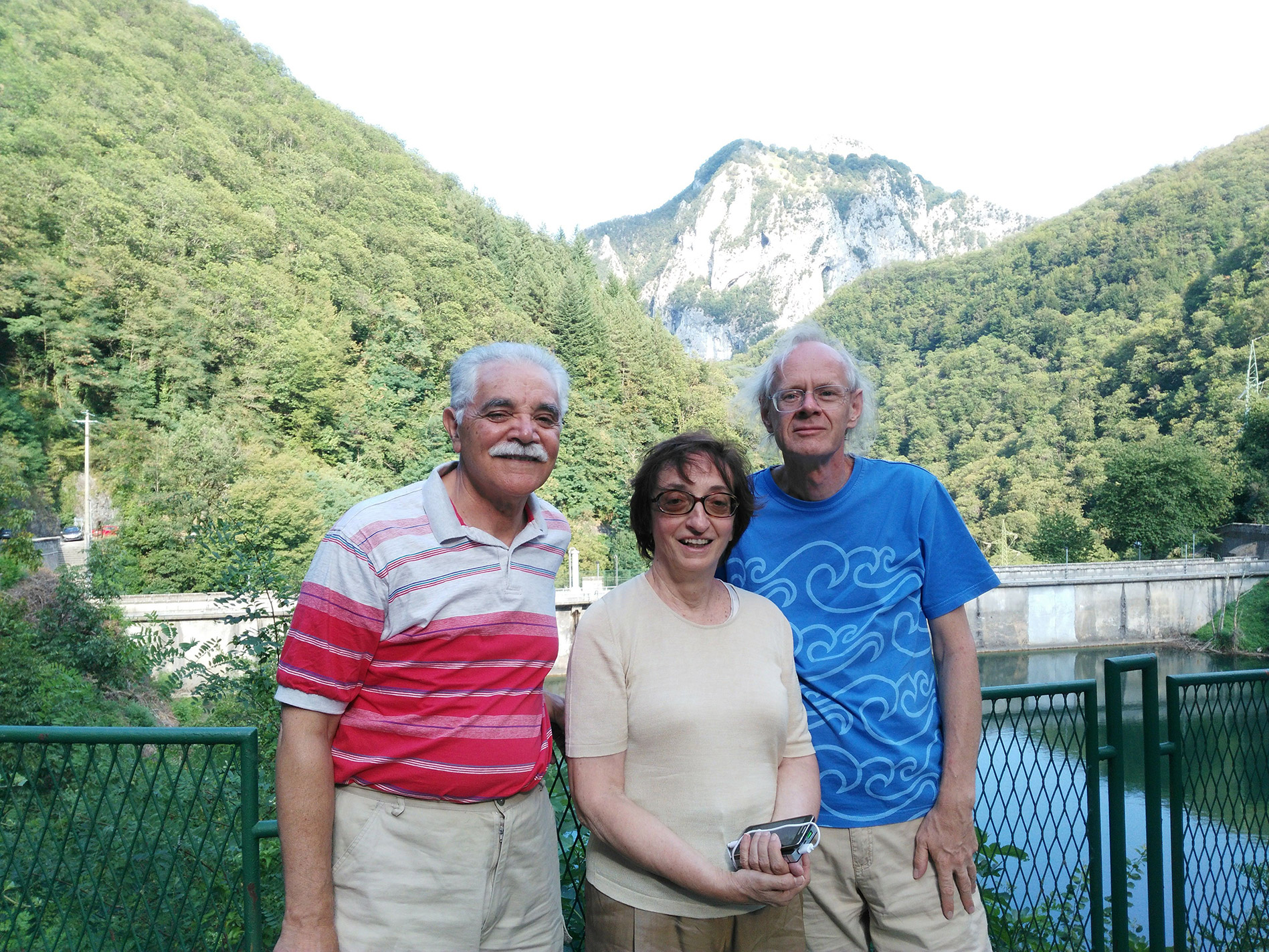Chemistry Professor’s Research May Help Fight COVID-19
Chemistry Professor’s Research May Help Fight COVID-19
Professor of Chemistry Miriam Rossi and her husband, Francesco Caruso, collaborated this year with two Italian chemists in an analysis of a plant-based compound that they determined could help in the treatment of COVID-19. And it was the travel ban triggered by the pandemic itself, Rossi said, that provided the four scientists with the opportunity to conduct their research.

Rossi and Caruso traveled to Italy in January for a semester leave from Vassar and had planned to return to Poughkeepsie in March. “Then COVID-19 got in the way,” Rossi said. “We were trapped in Italy (which had a very strict lockdown policy) and could not return until July 30.”
With all of this extra time on their hands, Rossi and Caruso read many papers dealing with COVID-19 and saw that some of their earlier research on a natural plant product called embelin could be relevant to this problem. They reached out to two scientists in Rome who had collaborated with them on a research project four years ago that examined the use of embelin as an antioxidant. They also contacted virologists who had first succeeded in isolating the COVID-19 virus at the Istituto Superiore di Sanità (ISS), the Italian public institution equivalent to the U.S. National Institutes of Health. From this contact, a collaboration was established to test the effectiveness of embelin pre-treated cultured cells against later infection with the virus.
Using a chemical modeling software that generated billions of possible permutations of the effectiveness of embelin on COVID-19, the scientists were able to show that the compound could help to mitigate some of the more serious symptoms of the illness. “The software allowed us to take the compound that we had studied previously and project how it could interact with one of the major components of the COVID-19 virus,” Rossi explained.
The two Italian collaborators on the project were Jens Z. Pedersen of the Department of Biology at University Tor Vergata and Sandra Incerpi of the Department of Sciences at University Roma Tre. Both institutions are located in Rome. The four scientists published their findings in the Journal of Infection and Public Health.

Rossi said she was optimistic that embelin might be effective in the treatment of COVID-19 in part because she had been corresponding for the past two years on a similar project with Montclair (NJ) State University virologist and Biology Professor Sandra Adams, mother of Vassar Associate Professor of Biology Kelli Duncan. “Kelli connected us since we had common ground studying these natural products and I invited Professor Adams to give a talk to the Chemistry Department two years ago,” Rossi explained. “While she was here, I gave her a sample of this compound (embelin) to study as a potential anti-viral agent against the herpes simplex virus because we thought it would behave as a good inhibitor. So she and her students did the experiments and found that embelin was very effective as an anti-viral agent.”
Rossi said Christopher Gahn, Academic Computing Consultant for the Sciences in Vassar’s Academic Computing Services office, had provided technical support in monitoring the software and obtaining the use of a high-powered cloud-based Amazon computer for the project.
Gahn, who recently left Vassar to become a freelance computing consultant, said he was glad he was able to assist Rossi and her collaborators on the project. “It’s fantastic to know that the work they’re doing is resulting in a positive impact on many people’s lives, especially during the current crisis,” he said.